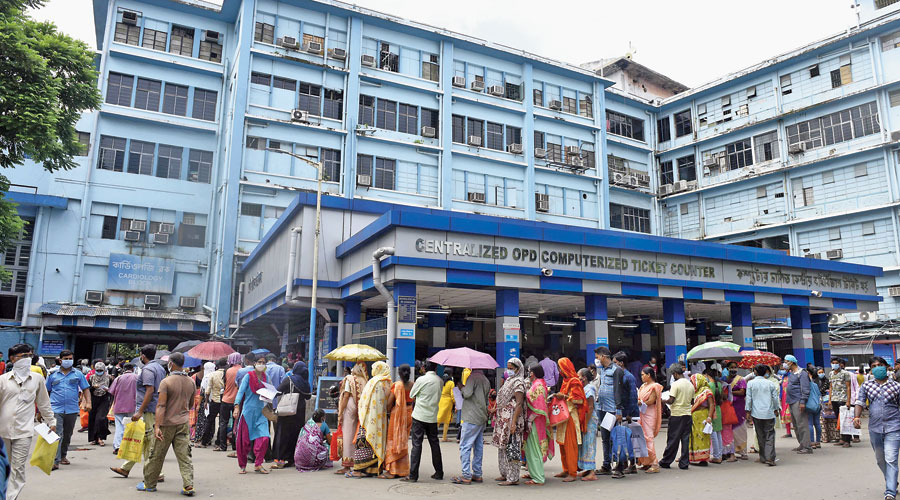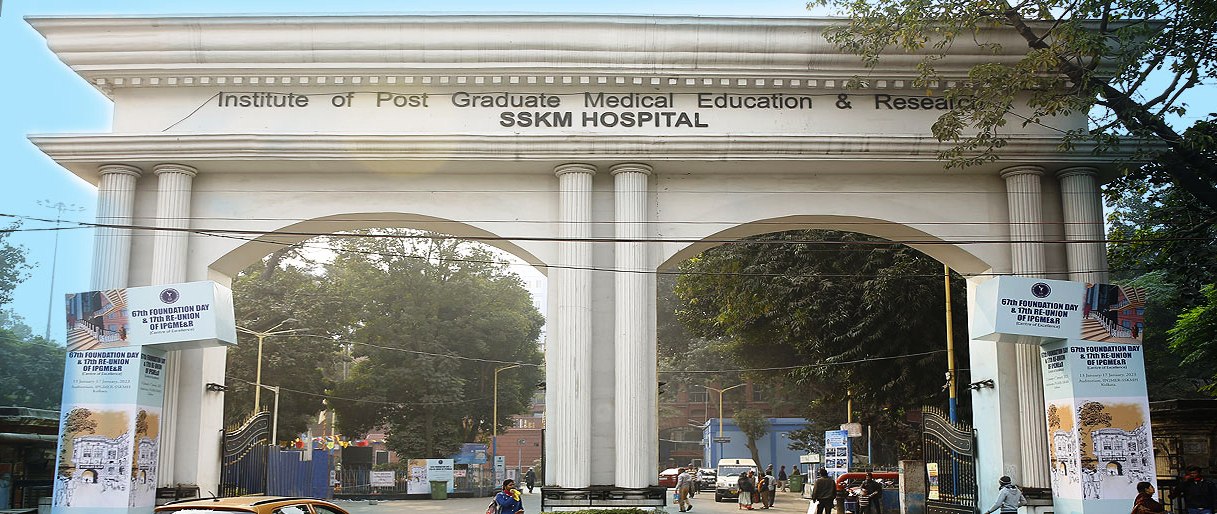Gastroenterology
- 25th April, 2025
- 0 Comments
- 123
- Healthcare
Gastroenterology focuses on diagnosing and treating digestive system disorders, including issues related to the stomach, intestines, liver, and pancreas. Gastroenterologists manage conditions such as acid reflux, ulcers, and irritable bowel syndrome (IBS) to improve digestive health.
Gastroenterology is the branch of medicine that deals with the diagnosis, treatment, and management of disorders and diseases affecting the digestive system, including the:
1. *Esophagus*
2. *Stomach*
3. *Small intestine*
4. *Large intestine (colon)*
5. *Liver*
6. *Pancreas*
7. *Gallbladder*
_Subspecialties of Gastroenterology_
1. *Hepatology*: Deals with the diagnosis and treatment of liver diseases.
2. *Gastrointestinal Oncology*: Focuses on the diagnosis and treatment of cancers affecting the digestive system.
3. *Pediatric Gastroenterology*: Specializes in the diagnosis and treatment of digestive disorders in children.
4. *Inflammatory Bowel Disease (IBD)*: Deals with the diagnosis and treatment of conditions like Crohn's disease and ulcerative colitis.
5. *Gastrointestinal Motility*: Focuses on the diagnosis and treatment of disorders affecting the movement of food through the digestive system.
_Common Gastroenterological Conditions_
1. *Gastroesophageal Reflux Disease (GERD)*: A chronic condition where stomach acid flows back into the esophagus.
2. *Irritable Bowel Syndrome (IBS)*: A chronic condition characterized by abdominal pain, bloating, and changes in bowel movements.
3. *Inflammatory Bowel Disease (IBD)*: A chronic condition that causes inflammation and damage to the digestive tract.
4. *Celiac Disease*: A chronic autoimmune disorder that causes the immune system to react to gluten.
5. *Peptic Ulcer Disease*: A condition characterized by sores in the lining of the stomach or duodenum.
_Gastroenterology Tests and Procedures_
1. *Upper Endoscopy*: A procedure that uses a flexible tube with a camera and light to visualize the upper digestive tract.
2. *Colonoscopy*: A procedure that uses a flexible tube with a camera and light to visualize the large intestine (colon).
3. *Imaging Studies*: Tests like X-rays, CT scans, and MRI scans that use imaging technology to visualize the digestive tract.
4. *Blood Tests*: Tests that analyze blood samples to diagnose digestive disorders, such as celiac disease or inflammatory bowel disease.
5. *Stool Tests*: Tests that analyze stool samples to diagnose digestive disorders, such as gastrointestinal infections or inflammatory bowel disease.
_Gastroenterology Treatments and Therapies_
1. *Medications*: Drugs that treat digestive disorders, such as antacids, acid reducers, and anti-diarrheal medications.
2. *Dietary Changes*: Changes to diet and eating habits to manage digestive disorders, such as avoiding trigger foods or following a gluten-free diet.
3. *Lifestyle Modifications*: Changes to lifestyle habits, such as quitting smoking, exercising regularly, and managing stress.
4. *Surgery*: Surgical procedures that treat digestive disorders, such as removing a portion of the intestine or repairing a hernia.
5. *Endoscopic Procedures*: Procedures that use a flexible tube with a camera and light to visualize and treat digestive disorders, such as removing polyps or treating bleeding ulcers.






No Comments For Now.